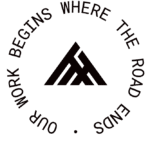A Story of Collective Transformation
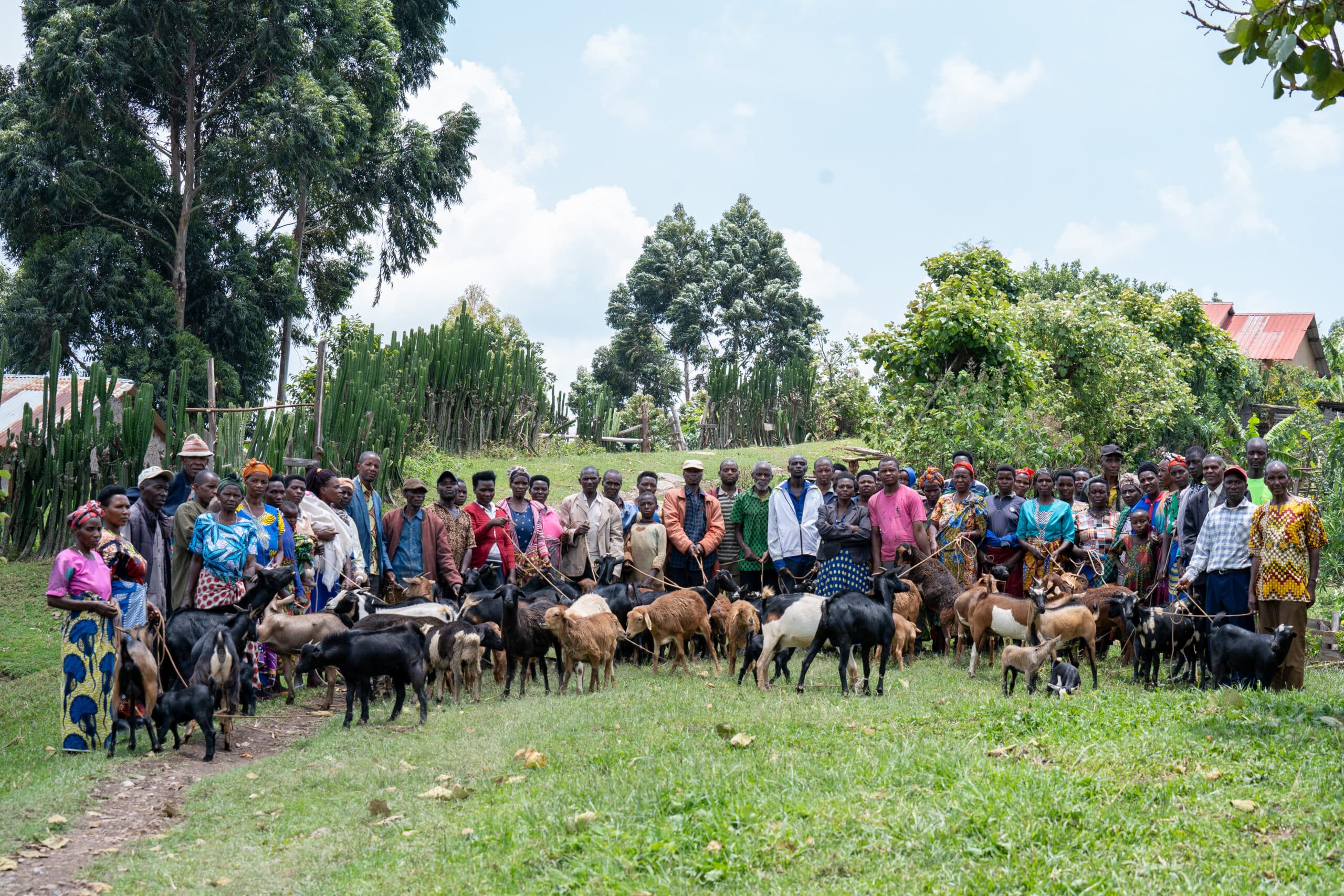
The community of Kanyagwogo village in Western Uganda partnered with us in 2018 for 24 months. Since graduating successfully, the community has been on a remarkable journey of continued growth.
John, the village’s chairperson, shared how the community faced multi-dimensional challenges until six years ago. “We did not know about modern farming practices, resulting in low yields,” he shares. “We struggled with accessing clean water and did not have sufficient savings as individuals and families. Reaching the markets too, was difficult due to poor roads,” he adds. Flida, a 65-year-old farmer from John’s community, echoes his experience. “We did not have a stable income, and I was unable to provide basic needs for my family,” she says.
In 2018, the village of Kanyagwogo partnered with RTV to sustainably address multi-dimensional challenges, improve agriculture yield, and earn stable incomes. They participated in technical training sessions on modern agricultural practices, including preparing organic fertilizers and pesticides, plant care, and post-harvest management. They also received improved beans, maize, and Irish potato seeds. To reduce the incidences of waterborne diseases and improve overall health, the community learned and adopted better hygiene and sanitation practices, such as drinking boiled water and using a covered latrine. With improved financial literacy and knowledge of forming cooperatives, the village formed Village Savings and Loans Associations (VSLA).
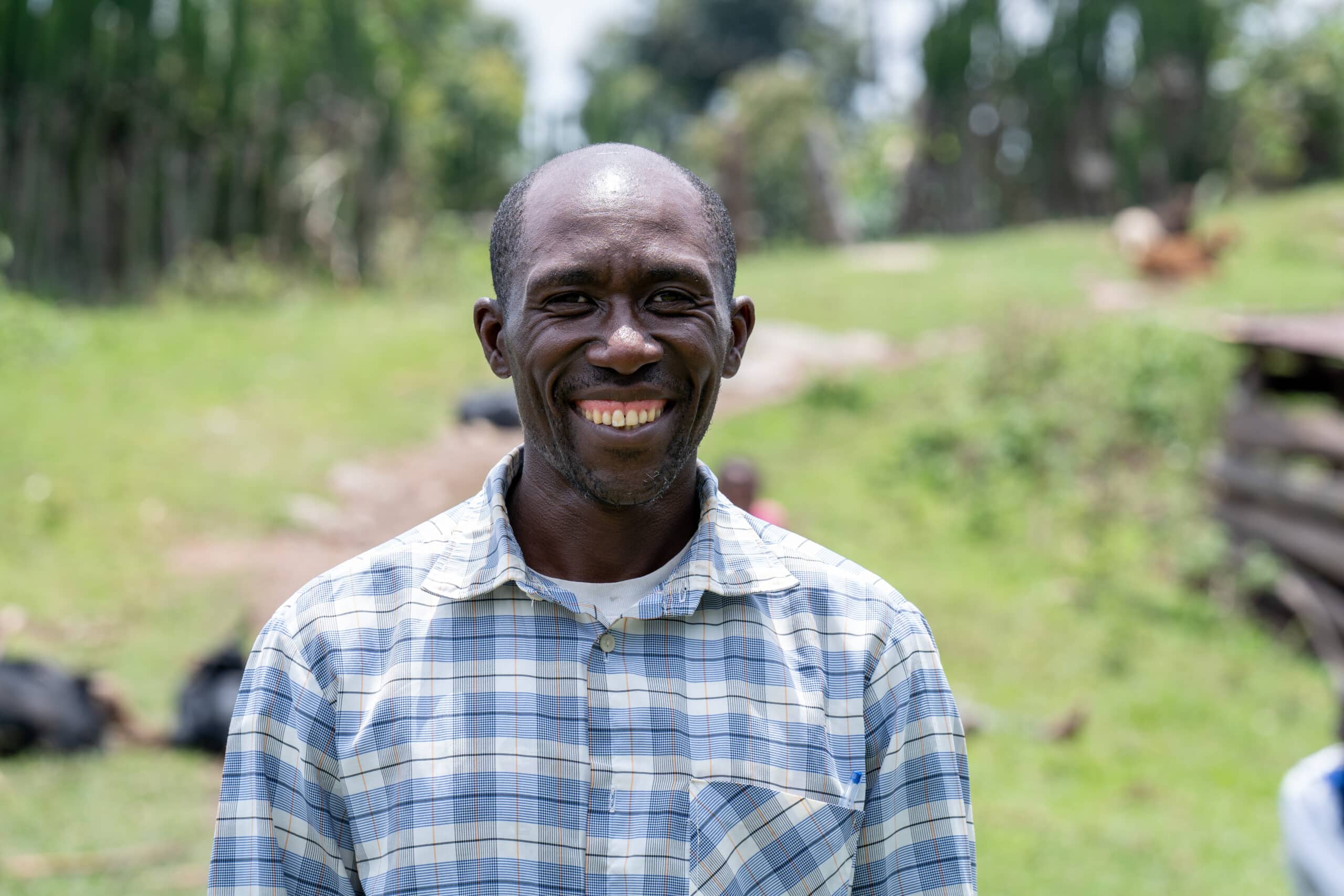
“Our VSLA started with a livestock project. Each member received a pig and a goat, which has grown immensely since. The community currently has over 100 goats and sheep and over 80 pigs,” John shares.
With better practices and good-quality inputs, agricultural yields soon improved. A stable income from harvests helped community members provide for their families and improve their quality of life. “My income and savings from my harvests helped me construct a new house for my family. I grow various crops like beans, sorghum, Irish potatoes, and bananas and sell them in the local markets in Kanungu,” says Jeninah, treasurer of Kanyagwogo VSLA. Flida is also engaged in livestock raising and agriculture and earns a stable income. She has been able to pay for her children’s education with her youngest one, who is currently pursuing a course in a technical institute.
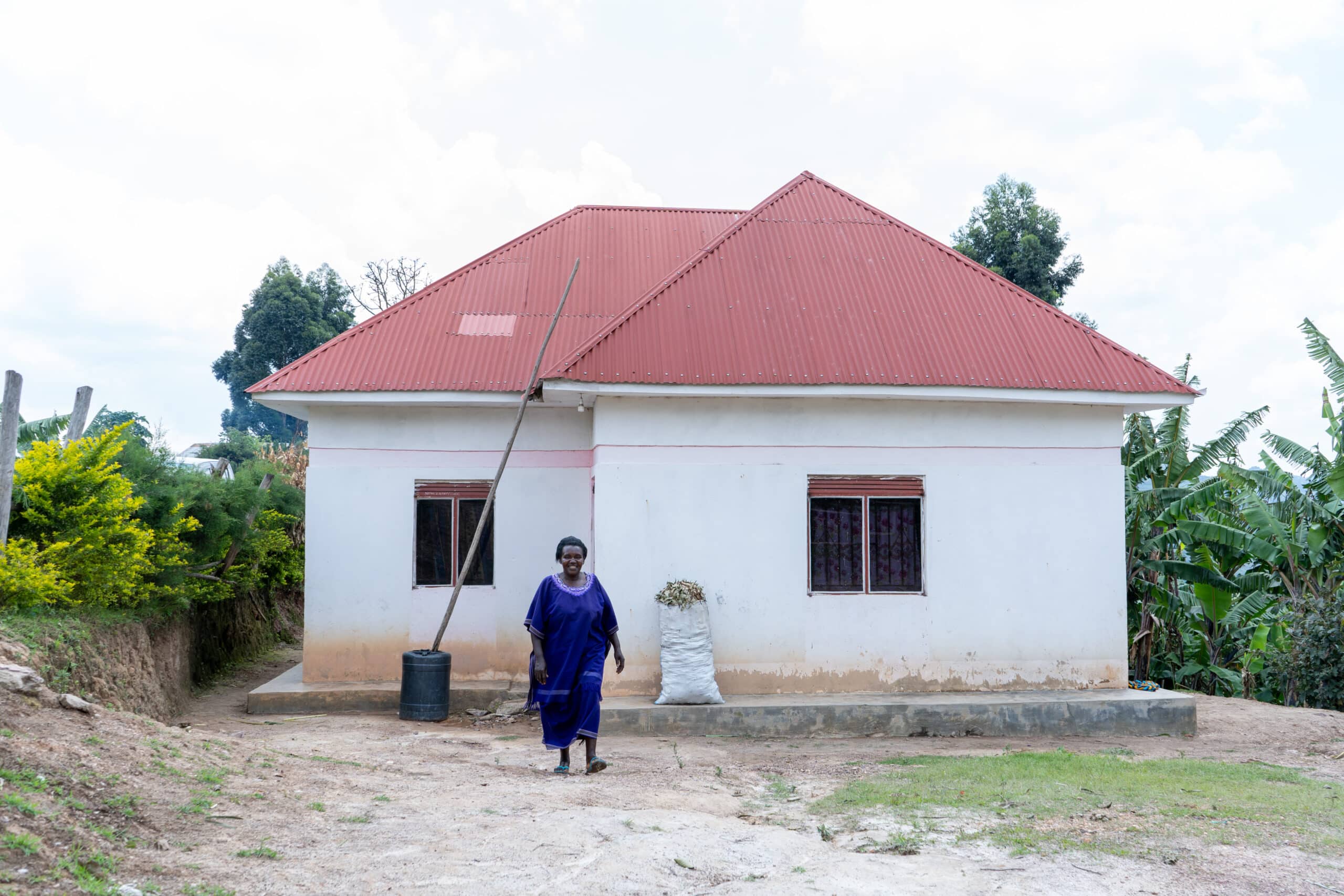
To provide safe and easy access to clean water, underground rainwater harvesting tanks were constructed, and water committees were formed for efficient operation and maintenance. Johnson, a community member from the village, shares how this has been a welcome change. “We used to walk long distances to collect water with the nearest water source 5 km away in the next village. We partnered with RTV to construct rainwater harvesting tanks. My family and neighbors no longer face water issues, the water tank is easy to maintain, and we normally clean it every six months,” Johnson says.
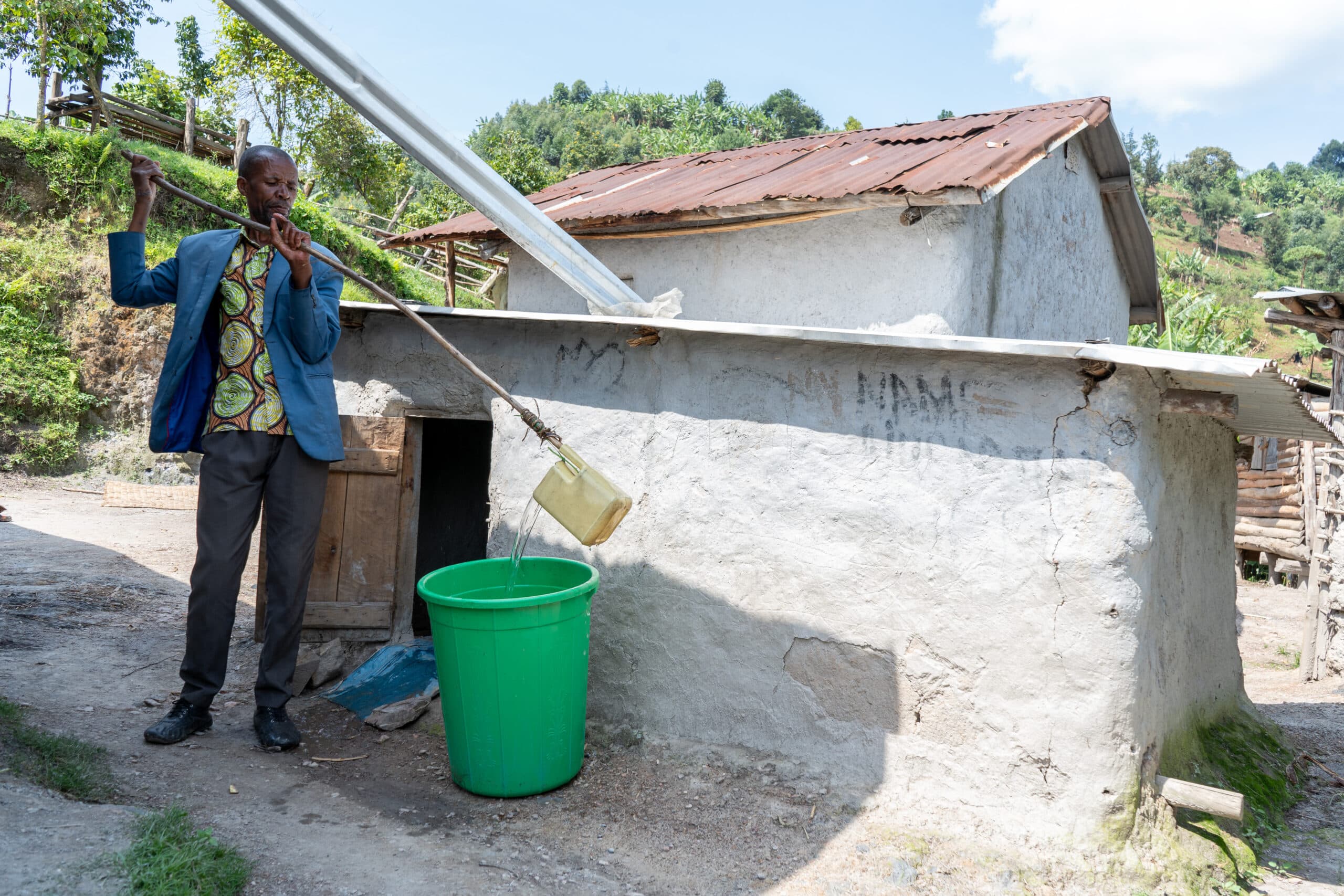
The community continues to work together with common goals, address barriers, and improve its members’ overall quality of life. In September this year, the Kanyagwogo VSLA decided to procure new mattresses for its members through VSLA savings. “Using our savings, the VSLA will buy mattresses for every member in a phased manner. We want our homes to be comfortable,” John says with a smile.
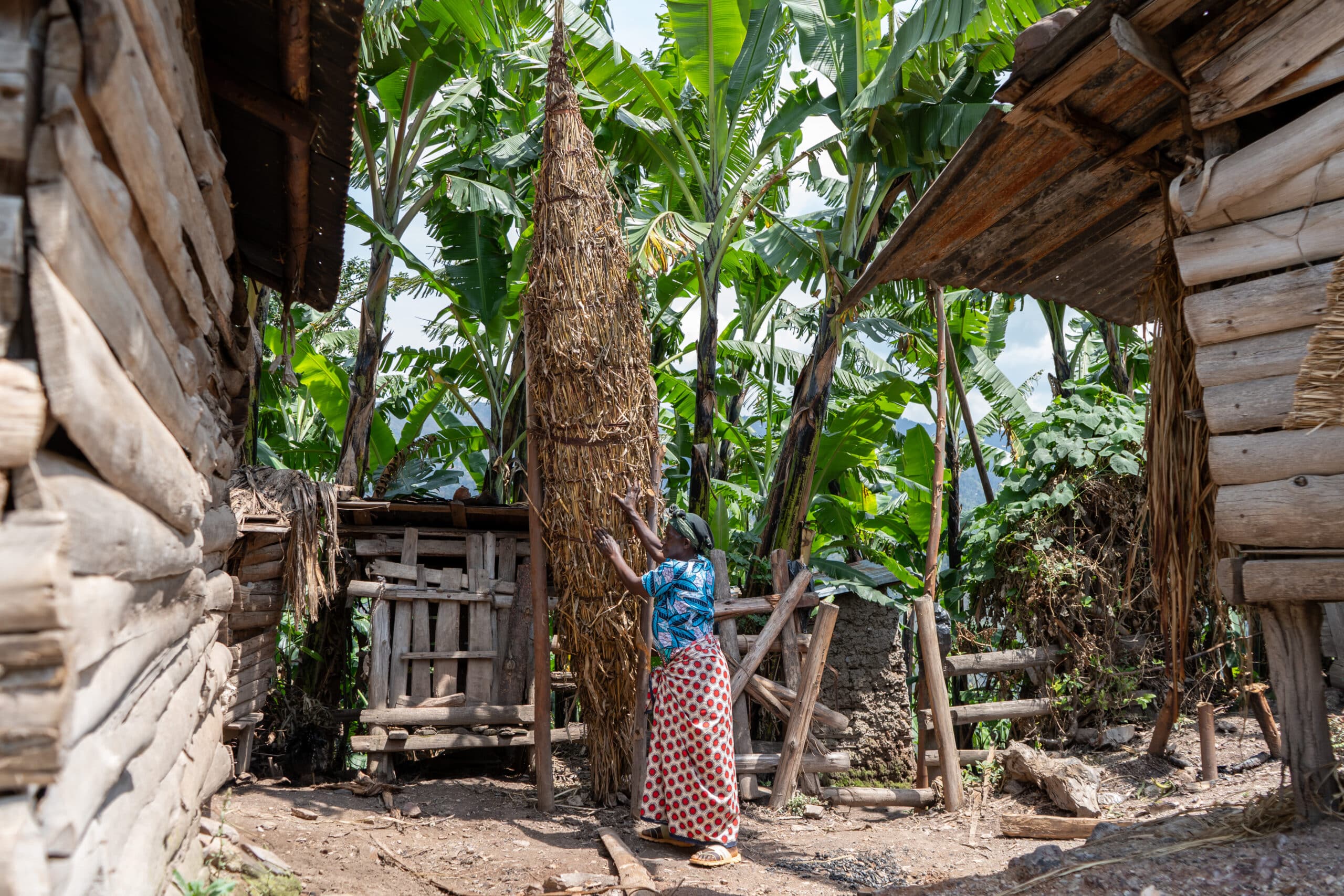
Be part of our journey. Support last-mile communities by supporting Raising The Village.
Let’s Stay Connected

